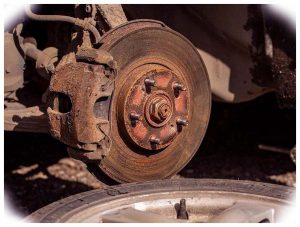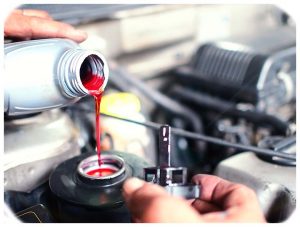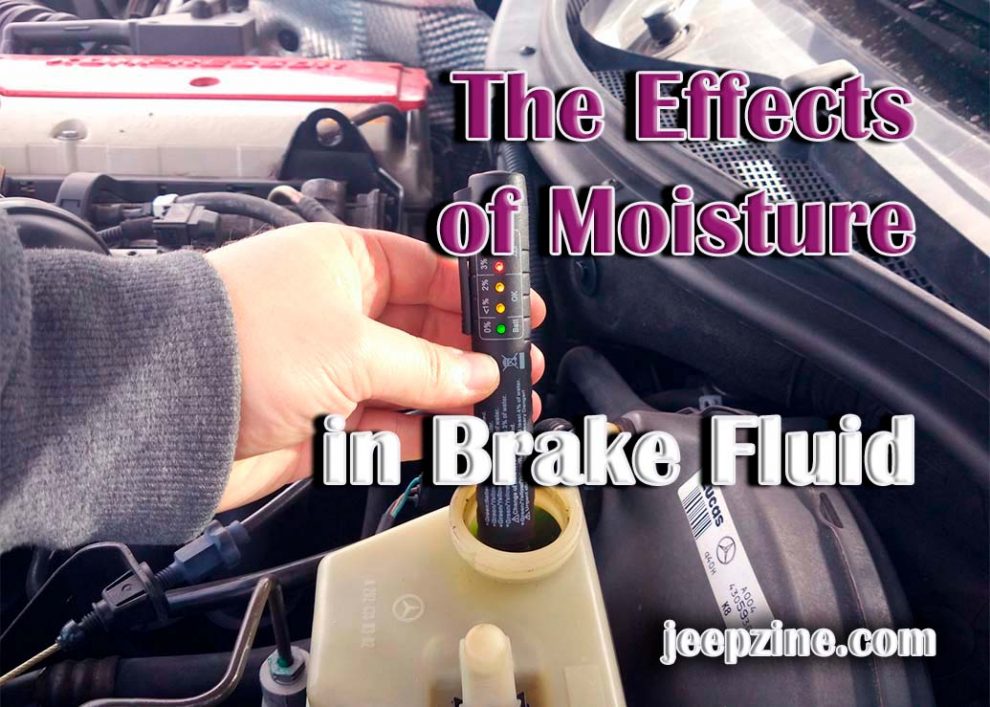A car’s braking system is one of its most important components, responsible for responding quickly and accurately to a driver’s commands. To ensure this system functions correctly and safely, it is necessary to maintain the brake fluid in optimal condition. The presence of moisture can harm the brake fluid, compromising its performance and leading to corrosion and deterioration of the vehicle’s braking system.
Definition of Brake Fluid
Brake fluid is a type of hydraulic liquid that converts energy from the driver’s pedals into pressure, moving through the brake line and applying force to the brakes. It is a vital component for proper operation as it acts as a lubricant for moving parts to reduce wear and tear on these components while also preventing air bubbles from forming inside the brake line, which can cause dangerous spongy brakes.
Sources of Moisture in Brake Fluid
In many cases, moisture enters brake fluid through condensation produced by temperature changes or by direct contact with atmospheric humidity if an improper lid or seal is used. Additionally, contamination can be caused by improper maintenance procedures, such as allowing old fluid to sit for long periods or cross-contaminating with other brake fluids.
Effects of Moisture in Brake Fluid
The presence of moisture in brake fluid affects its performance and leads to corrosion and deterioration of the vehicle’s braking system.
Corrosion & Deterioration

Air Contamination
One primary concern when it comes to moisture in brake fluid is air contamination, as this can cause spongy brakes due to an increased amount of air bubbles being present inside the line that prevents adequate pressure from being reached when using them. It puts extra strain on other braking system parts as they must work harder than normal to compensate for the lack of pressure.
Prevention & Maintenance for Optimal Performance
To ensure that brakes remain in top condition, taking certain preventative steps and regularly checking for any signs of moisture or contamination is important.
Regular Checks
Checking the brake fluid at least once a year or every 10,000 miles is a good way to identify potential problems before they cause more serious damage. It’s also important to note the color of the fluid as this can indicate if there is an issue with air contamination due to moisture. If there are any signs of discoloration, this could indicate that moisture has entered and contaminated the system.
Avoiding Cross-Contamination
When replacing brake fluid, it is important to avoid cross-contamination between different types, which can lead to decreased performance due to incompatibility issues. Ensure all containers are clearly labeled before use and do not mix different types, as this can cause further corrosion and deterioration within the braking system.
Replacing Contaminated Fluids

Conclusion
It is necessary to regularly check and maintain brake fluid in order to ensure the proper functioning of a car’s braking system. Moisture can lead to corrosion, deterioration, and air contamination which can cause dangerous spongy brakes. Taking certain preventative steps, such as checking for signs of moisture or avoiding cross-contamination, will help keep your brakes in optimal condition and ensure your safety on the road.


Add Comment